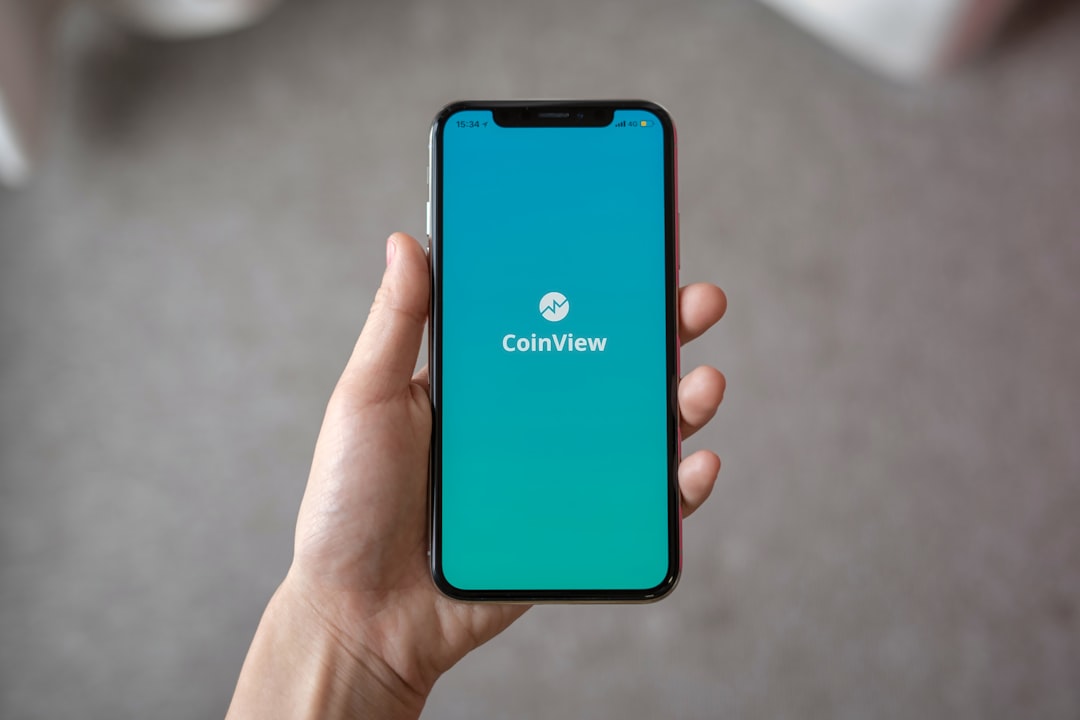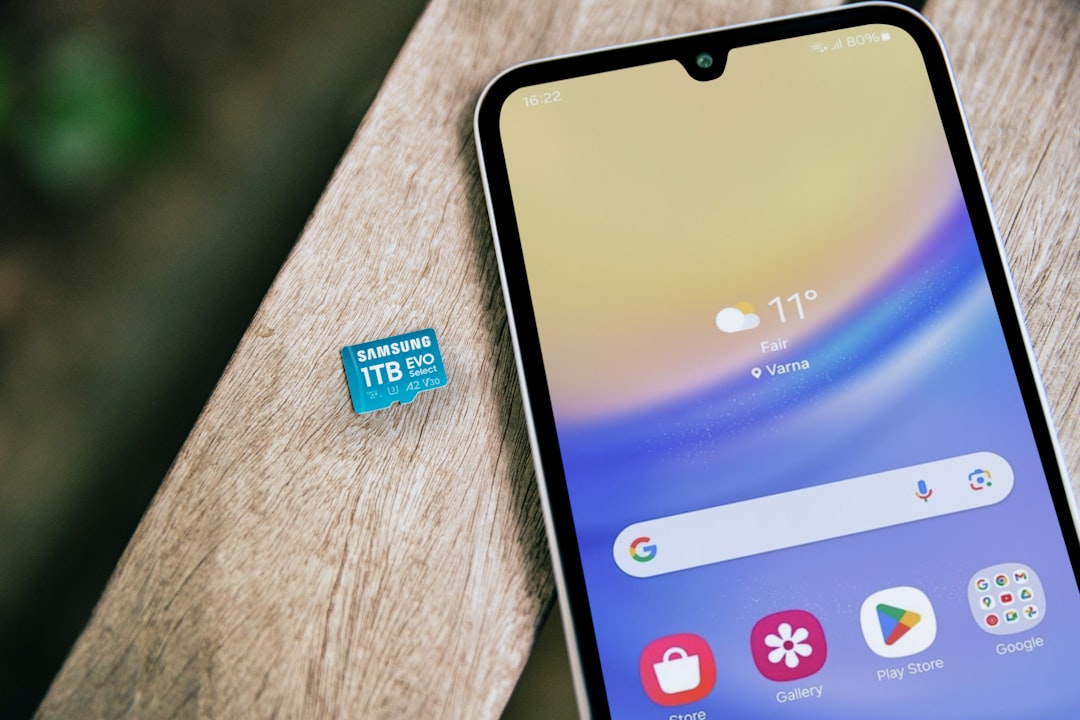Illinois has stringent robocall laws in place, including the Telemarketing and Consumer Fraud and Abuse Prevention Act (TCFAP) and the Telephone Consumer Protection Act (TCPA), to protect residents from nuisance calls and spam. Consumers can register on the National Do Not Call Registry and the Illinois Do Not Call list to opt-out of sales calls. Mobile carriers offer call-blocking features, and reporting suspicious activities to the FTC aids in combating robocalls. These measures, coupled with local ordinances, significantly reduce unwanted robocall laws in Illinois.
In the digital age, robocalls have become a ubiquitous and often annoying nuisance. However, Illinois has established robust robocall laws to protect its residents from unwanted spam calls. This article guides you through the intricacies of these laws, offering legal strategies to handle and stop robocalls effectively. We’ll explore your rights and available resources, empowering you to take control and minimize the disruptions caused by spam calls in the state of Illinois.
Understanding Robocall Laws in Illinois

In Illinois, robocall laws are designed to protect residents from unwanted automated phone calls, often known as robocalls. The Illinois Consumer Fraud and Business Practices Act prohibits businesses and telemarketers from using deceptive or abusive practices in their marketing efforts, including making robocalls without proper consent.
To legally handle robocalls in Illinois, it’s crucial to understand the state’s Do Not Call Registry. Consumers can register their phone numbers to opt-out of automated calls, and businesses must honor these requests. Additionally, specific industries like healthcare and financial services have their own regulations regarding robocalls, further emphasizing the need for compliance with local robocall laws in Illinois.
Legal Ways to Handle and Stop Robocalls

In Illinois, handling robocalls and spam calls is governed by state and federal laws designed to protect consumers from unwanted and deceptive practices. The first step in dealing with these nuisance calls is to understand your rights. According to the Telemarketing and Consumer Fraud and Abuse Prevention Act (TCFAP), consumers have the right to refuse incoming robocalls, and companies must obtain explicit consent before making automated telemarketing calls.
There are several legal methods to handle and stop robocalls effectively. You can register your number on the National Do Not Call Registry, which restricts calls from most telemarketers. Additionally, many mobile carriers offer call-blocking features and tools that can automatically filter out known spam callers. Utilizing these measures in conjunction with reporting suspicious or fraudulent calls to the Federal Trade Commission (FTC) can significantly reduce the volume of unwanted robocalls you receive.
Your Rights and Resources Against Spam Calls

In Illinois, residents enjoy robust protections against unwanted robocalls and spam under state and federal laws. The Telephone Consumer Protection Act (TCPA) provides significant safeguards for consumers, limiting how businesses can use automated dialing systems to make calls or send messages. This legislation prohibits companies from placing robocalls to cell phones without prior express consent, allowing individuals to file complaints against violators.
Illinois also has its own strict regulations regarding telemarketing practices. The Illinois Consumer Fraud and Deceptive Business Practices Act offers additional recourse for citizens facing relentless spam calls. Residents can take action by registering their phone numbers on the state’s Do Not Call list, which prohibits most outbound sales calls. Furthermore, many local areas in Illinois have local ordinances that further restrict robocalls, empowering residents to protect their privacy and peace of mind from intrusive marketing tactics.






